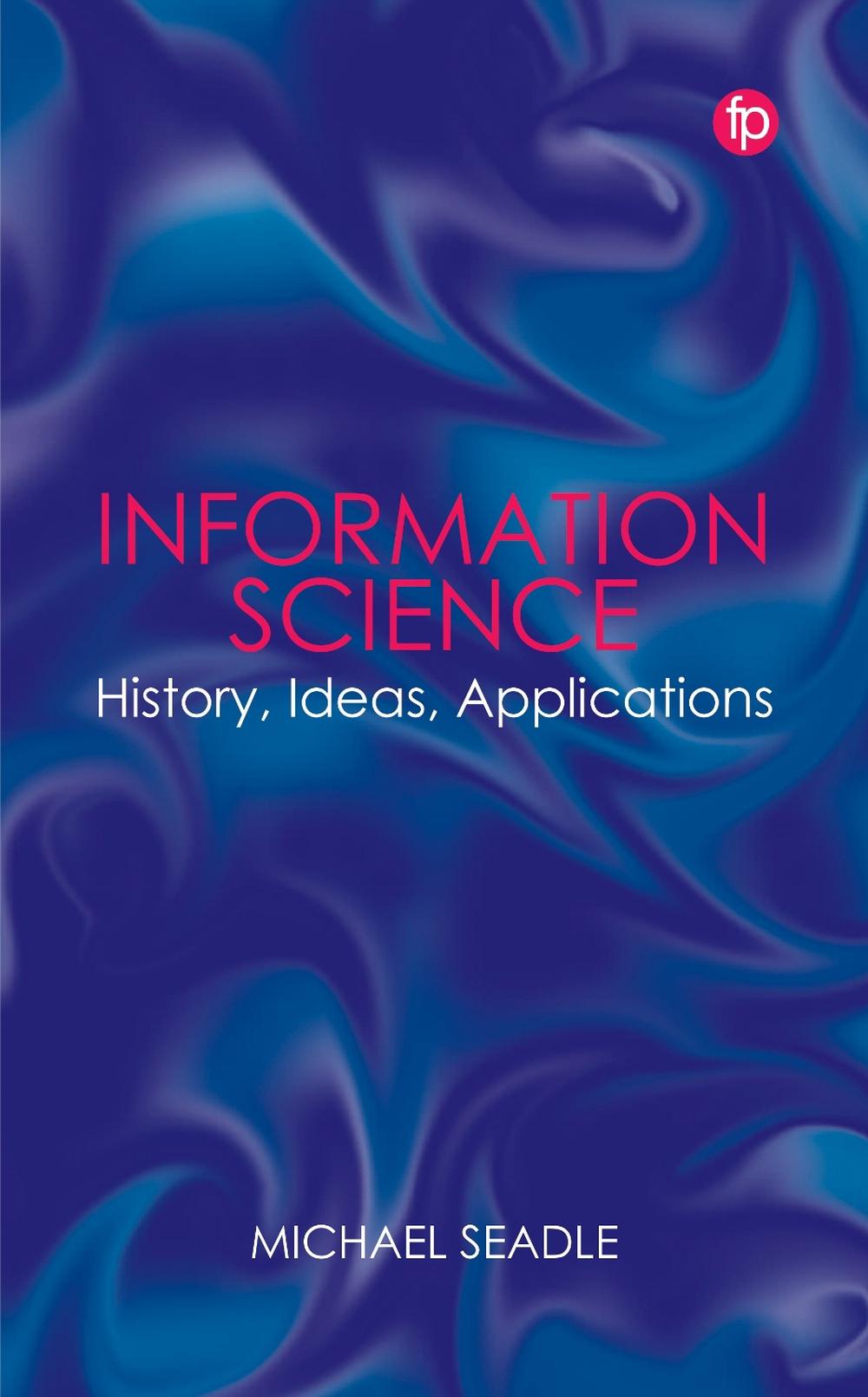
Information Science
history, ideas, applications
$104.00
- Paperback
272 pages
- Release Date
18 December 2025
Summary
What is Information Science? This comprehensive book answers this key question and explains how information science differs from data science and library science.
Using a range of practical examples, the book explores how information science cuts across disciplines and integrates a range of information into a coherent whole. Starting with a historical overview of information science, subsequent chapters explore:
- communication tools
- information integrity and beha…
Book Details
| ISBN-13: | 9781783306947 |
|---|---|
| ISBN-10: | 1783306947 |
| Author: | Michael Seadle |
| Publisher: | Facet Publishing |
| Imprint: | Facet Publishing |
| Format: | Paperback |
| Number of Pages: | 272 |
| Release Date: | 18 December 2025 |
| Weight: | 406g |
| Dimensions: | 234mm x 156mm x 14mm |
You Can Find This Book In
What They're Saying
Critics Review
In Information Science, Seadle takes a hitherto unforeseen, and yet a novel and multifaceted approach to discuss the evolution, implications and applications of information as a concept, and information science as a discipline. The discussions, observations and commentaries appearing in the chapters throughout this book are a product of Seadle’s rich knowledge, research and scholarship, and senior management experience in the field of information science at national and global levels. This is a must read for anyone who wants to know and understand the role of information in the evolution of our society from the stone age to the modern era of Artificial Intelligence.
– Gobinda Chowdhury, Professor of Information Science, University of Strathclyde and co-author of AI and Information AccessThis book navigates the universe of information science, brilliantly illuminating all the galaxies (theories) and stars (concepts), and masterfully explains them in a plain and easily understandable way. This book is essential for anyone with an interest in the field of information science. I am rebuilding my Information Management 101 class using this book. I am sure students will love it!
– Lihong Zhou, Professor (Full) and Associate Dean, Wuhan University, ChinaMichael Seadle draws on his extensive background in information science to present an account of how information and its institutions have evolved over time, and why and how information matters now. Drawing together themes of language, culture, technology, and integrity, this work offers readers a framework for understanding the field’s development and its ongoing relevance, situating contemporary debates within a broader historical context.
– Heather Moulaison-Sandy, Associate Professor, School of Information Science and Learning Technologies, University of MissouriAbout The Author
Michael Seadle
Michael Seadle has been a Professor at the Berlin School of Library and Information Science at Humboldt-Universität zu Berlin, was Dean of Humanities, and was Executive Director of the international iSchools organisation. He has previously published The Measurement of Information Integrity, Quantifying Research Integrity and Educating the Profession: 40 Years of the IFLA Section on Education and Training.
Returns
This item is eligible for free returns within 30 days of delivery. See our returns policy for further details.




